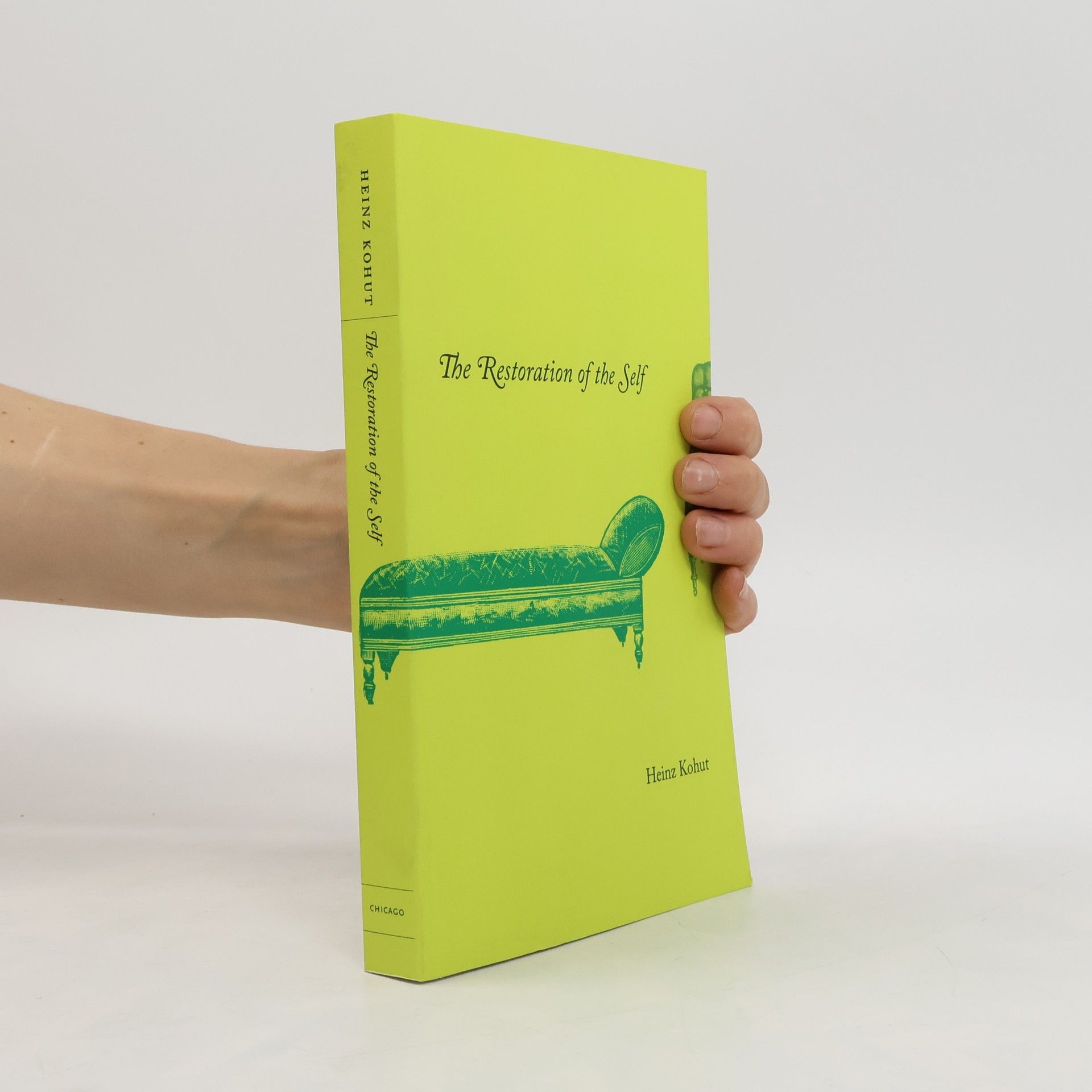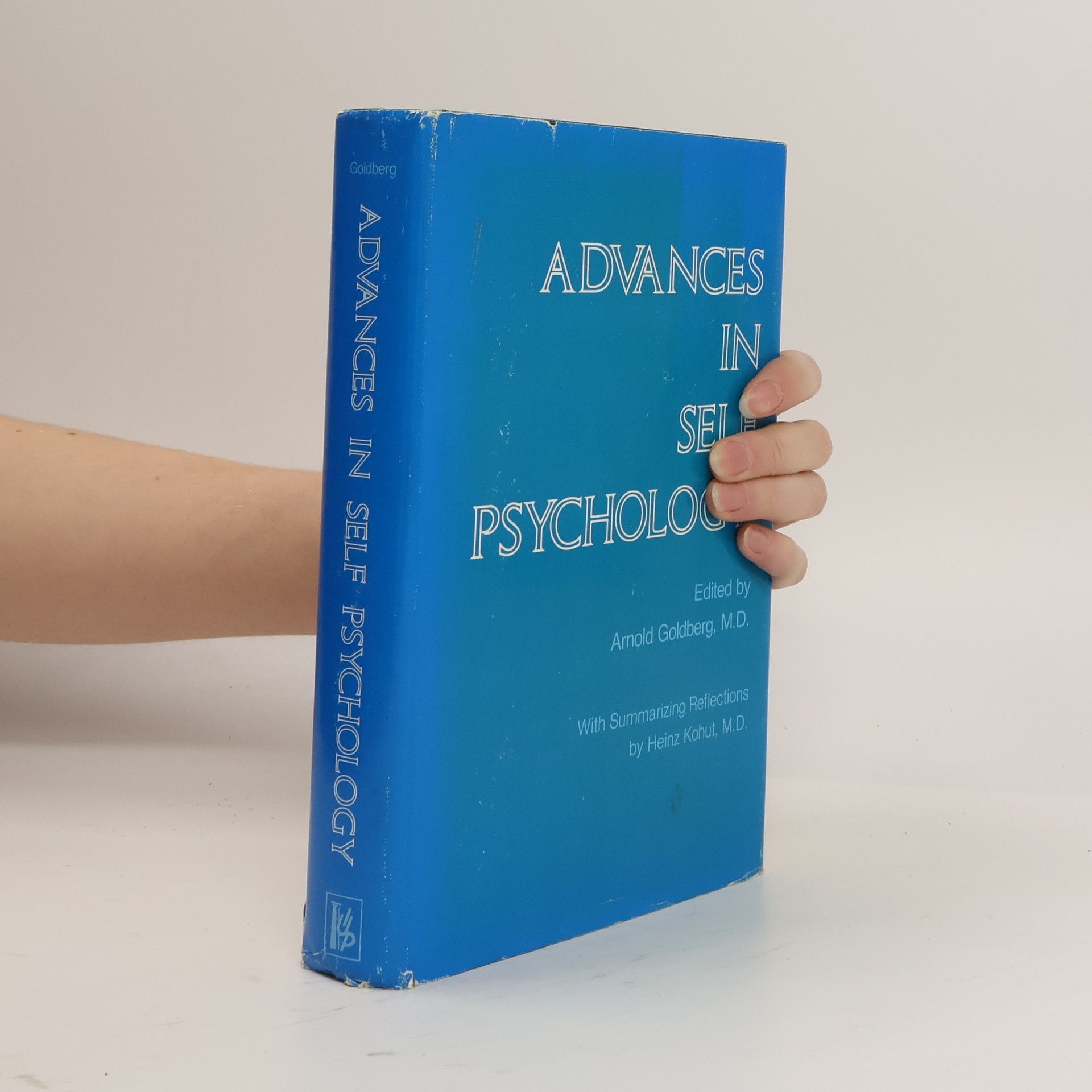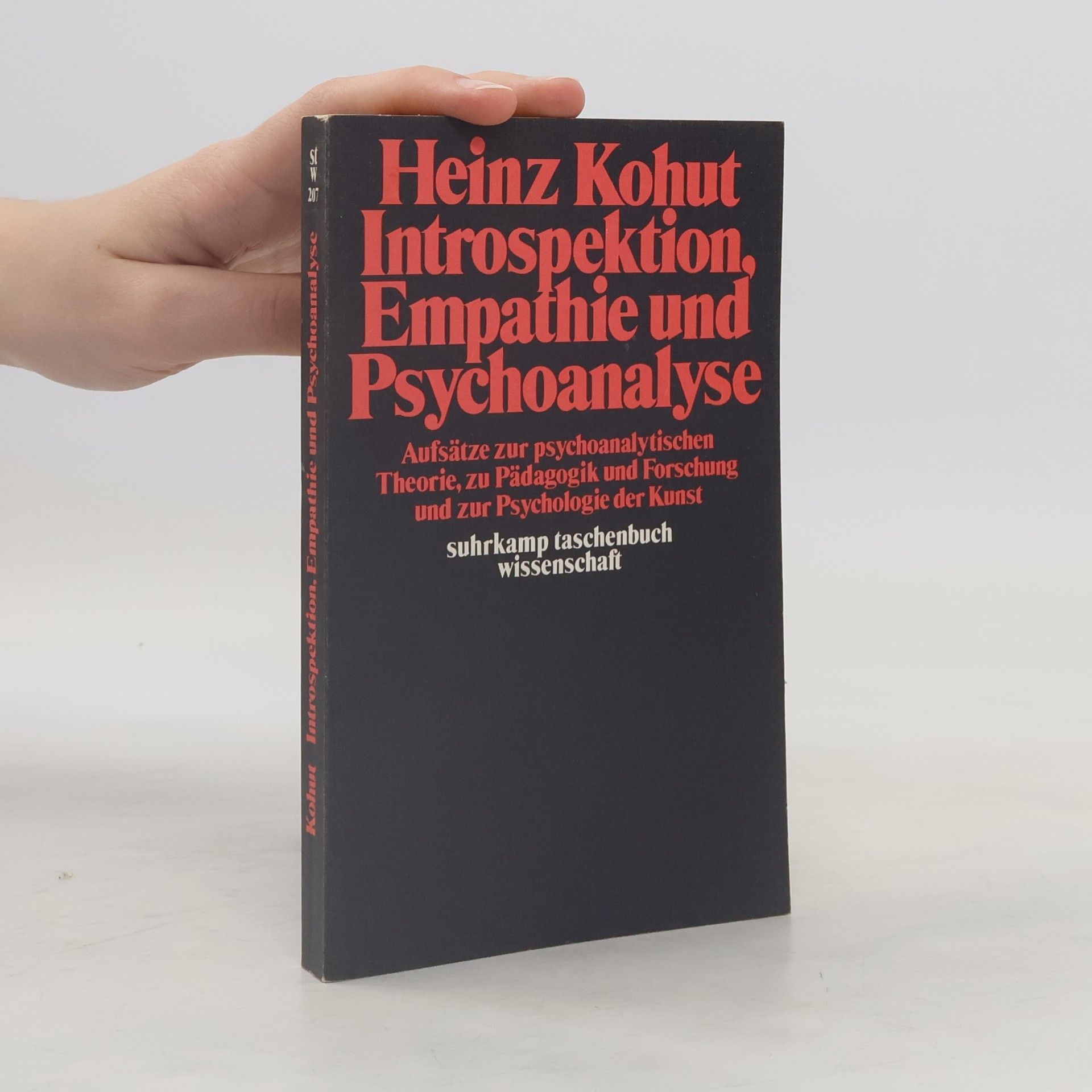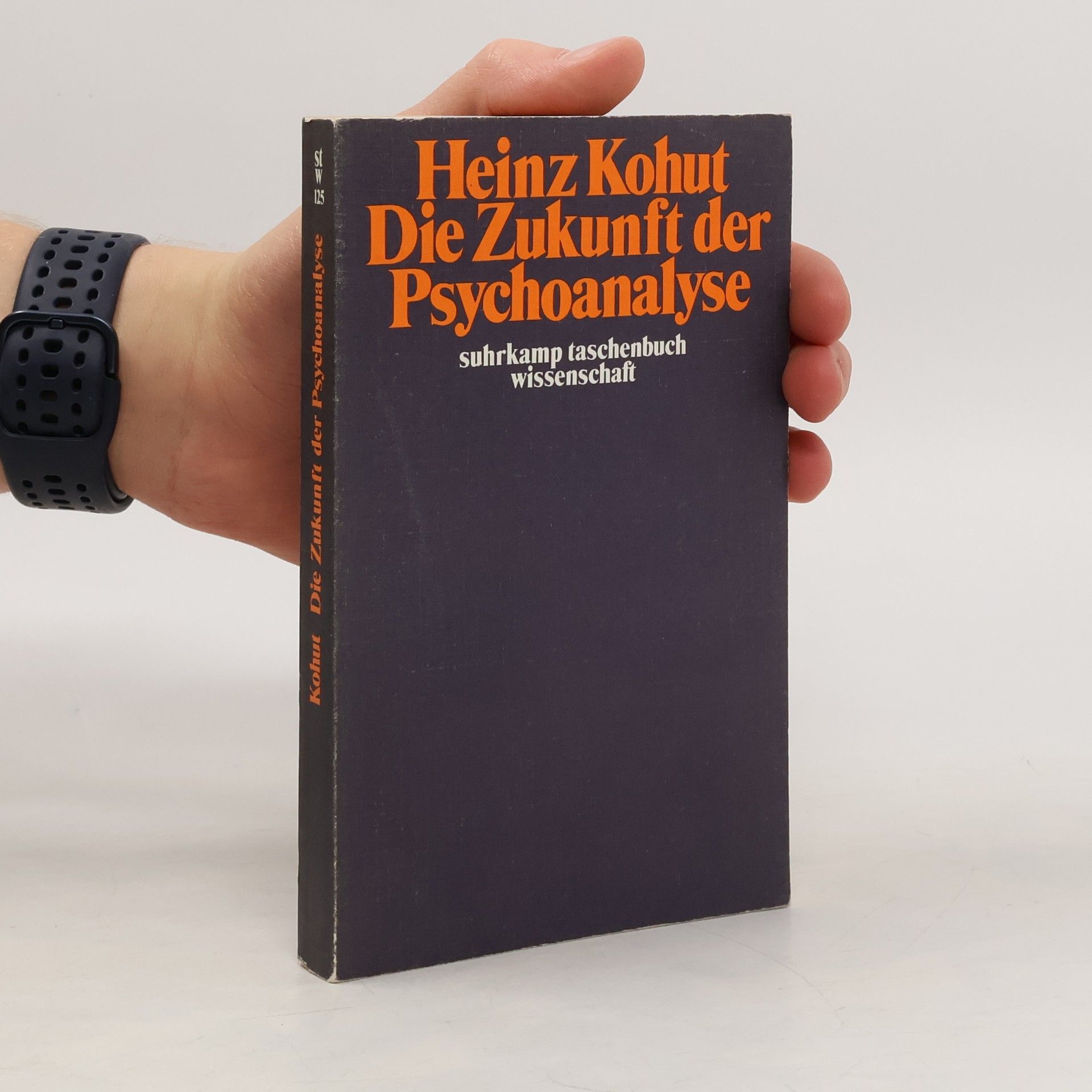Heinz Kohut - über das Selbst und sich selbst
- 190pages
- 7 heures de lecture
Der Wiener Psychoanalytiker Heinz Kohut beantwortete 1980, kurz vor seinem Tod, persönliche Fragen der amerikanischen Schriftstellerin Susan Quinn. In diesen Gesprächen reflektiert Kohut über sein Werk und seine Beziehungen zur Psychoanalyse sowie zu anderen Psychoanalytikern. Der Leser erhält einen tiefen Einblick in Kohuts Leben, das durch die Nazis geprägt wurde, und dessen Einfluss auf sein Verständnis des Selbst. Er thematisiert die Verletzungen, die er durch Kollegen erlitten hat, nachdem er lange Zeit als Präsident der amerikanischen Psychoanalytischen Gesellschaft galt. Der Text wird hier erstmals vollständig veröffentlicht, nachdem frühere Arbeiten des Herausgebers Uwe Henrik Peters bereits Auszüge enthalten hatten. Auch die amerikanische Originalfassung des Gesprächs war bislang nicht zugänglich. Der Titel des Buches ist vielschichtig: Kohut spricht über sich selbst, das Selbst und die Beziehungen zwischen seinem Selbst und dem Selbst. Susan Quinn hatte zuvor eng mit Peters an ihrem Buch über Karen Horney gearbeitet und übergab ihm dieses Interview für eine geeignete Veröffentlichung.







